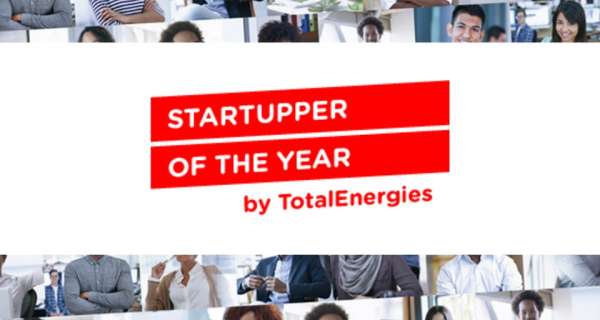South Africa has much smaller pools of risk capital than other countries in Africa and abroad. We therefore tend to fund our companies at lower levels. As a result, South African companies are usually weaker than their competition and often end up getting acquired before they can realize their full potential. Our public companies achieve valuations that are much lower than their peers south of the border. This applies to JSE-listed companies as well as dual-listed South African companies.
A recent analysis by Startup Institute (the education and research arm of Startup Mzansi) suggests that this undervaluation is systemic across the tech sector. ICT companies for example are valued at a 23 percent discount in the software sector and a 34 percent discount in the hardware sector.
We need to solve the risk-capital problem, at least in the seed and venture stages. This cannot be done through one-shot government handouts or wishful thinking that the money will come across the border. The problem is systemic, tied to risk aversion, and will take years to change. We need significant new capital on an annual basis. This has to come from the private sector or private individuals and not from government, where risks on this magnitude are not sustainable.
When it comes to financing, availability of capital is only part of the equation. Entrepreneurs need to have access to learning opportunities to better understand the continuum of startup finance; the differences, benefits and disadvantages of debt and equity finance; lean principles and the virtues of bootstrapping and ‘having skin in the game’; and, the importance of real clients, users and customers.
Additionally, given the emergent renaissance of angel investment in South Africa, programs need to be developed to not only train angel investors, but also to create a nationally connected and scalable model for angel networks nationwide. Money needs people with the skills to deploy it. It will take time to build this ecosystem.
In addition to increasing the availability of both seed funding and real venture capital, South Africa needs to explore new funding models and investment incentives because traditional financing mechanisms are no longer relevant or are no longer responsive to the changing nature and culture of South African startups.
Notably, facilitating South African crowdfunding platforms, and exploring any securities regulations that might inhibit the development of healthy crowd funding culture, could empower South African entrepreneurs to find new ways of raising seed-stage capital and engage more South Africans in entrepreneurial ventures in the process.































0 Comments